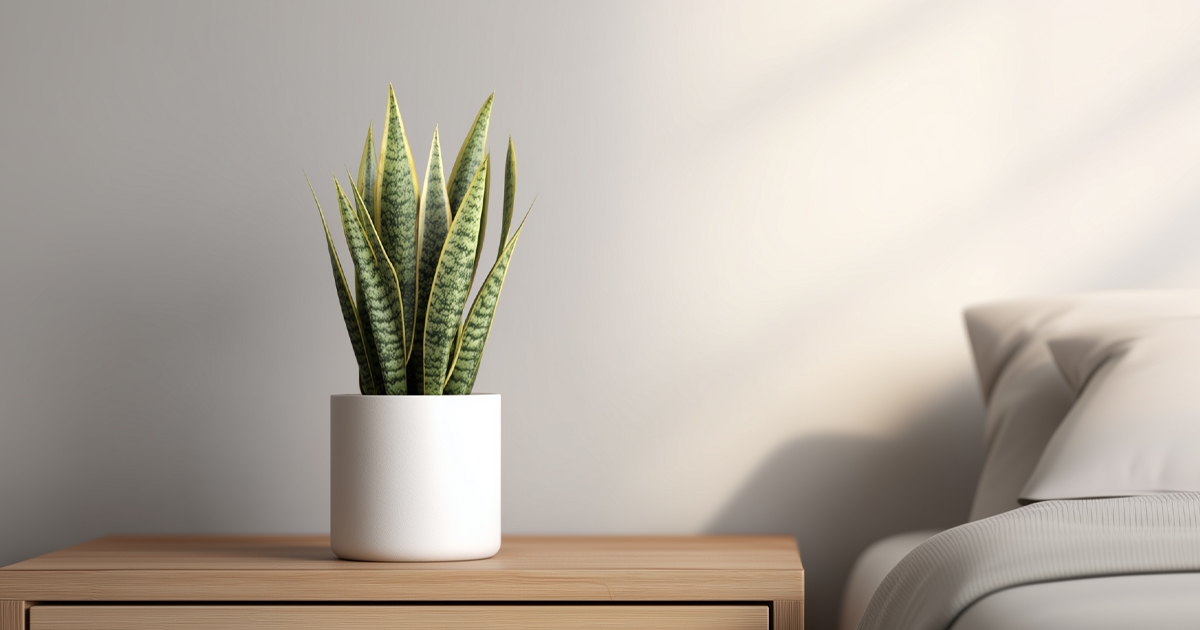
Our homes should be places where we can drop the day’s weight and recharge. Small, practical tweaks to the way a room looks and feels can change how you think, sleep and interact with others. You don’t need to renovate or spend a fortune. Simple shifts in light, layout and routine can reduce stress, lift mood and create a clearer headspace.
Clear, Calm and Comfortable Spaces
Clutter competes for attention and can make tasks feel heavier. Clearing surfaces that you use every day, the kitchen bench, the coffee table, the desk, gives your brain fewer demands and a stronger sense of control. Research links high levels of household clutter with lower psychological wellbeing, so aim for small wins like one drawer, one shelf or one box at a time. If a full clean feels overwhelming, set a timer for 10 minutes each day and practise a micro-declutter.
Natural light has a surprising effect on mood and sleep. Where possible, open curtains and blinds in the morning to increase exposure to daylight, which helps reset your body clock and improves alertness and mood. At night, dim lights and reduce screens to support better sleep. Large studies have highlighted links between light exposure patterns and mental health, so small changes to how you manage light at home can pay off.
Bringing Nature and Routine Inside
An indoor plant on a bench, herbs on a windowsill or a small pot on a bedside table can soften a room and make it feel more alive. Research suggests indoor plants can help reduce stress complaints and can improve how people feel in work and home spaces. If you are new to plants, opt for low maintenance species. Even a single pot can lift mood and give you something gentle to care for each day.
Creating simple, repeatable habits supports calm and keeps your home organised. Put a tray near the front door for keys and sunglasses so you don’t hunt for them in the morning. Keep a laundry basket in a convenient spot to stop clothes building up. Small rituals, such as folding one load of washing straight away or making the bed each morning, take little time and give a sense of accomplishment that carries through the day.
Scent, Sound and Personal Comfort
A familiar scent can be reassuring. Freshly laundered linen, a citrus cleaner or a mild essential oil can make rooms feel brighter. Soft background sounds such as quiet instrumental music can reduce feelings of loneliness and stress. Keep volumes low and choose sounds that help you relax rather than demand attention.
Designate one small area of your home as a quiet spot, even a single chair or a corner will do. Use soft lighting, a comfy cushion and a small stack of things you enjoy such as a book or a journal. This sends a clear signal to your brain that this space is for slowing down. Over time, the physical cue will help you switch more quickly out of work mode.
Soft Colours, Textures and Simple Upkeep
Colours influence mood. Softer, muted tones and natural textures generally feel more restful than bright, high-contrast schemes. If repainting isn’t possible, introduce soft cushions, throws or a rug in calming shades. Textiles and tactile objects invite touch, which can be soothing.
Choose small, manageable cleaning and maintenance habits so your home doesn’t become a source of stress. A short nightly tidy, a quick wipe of the bench after dinner, or a set day each week for the bathroom will keep chores from piling up. The goal is consistency rather than perfection.
Start Small and Notice the Difference
Start with one or two ideas to begin with. Notice whether you sleep better, feel less drained or enjoy time more at home. The cumulative effect of small, consistent changes is often what creates a calmer, happier living space. Small steps can make a big difference. A calmer home is less about styling and more about removing needless friction and creating moments that let you rest, connect and recharge. Start small and see how the feel of your home begins to shift.